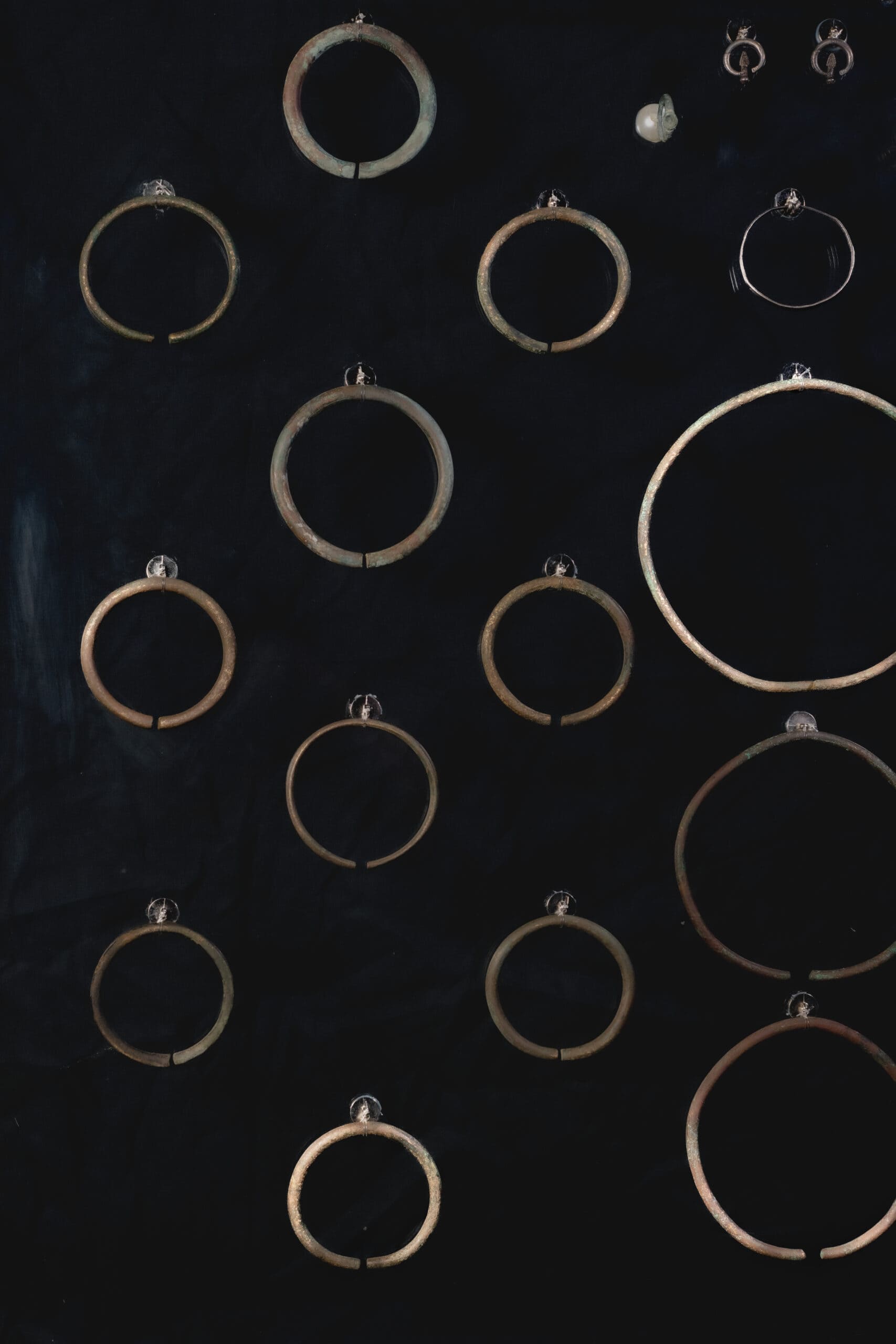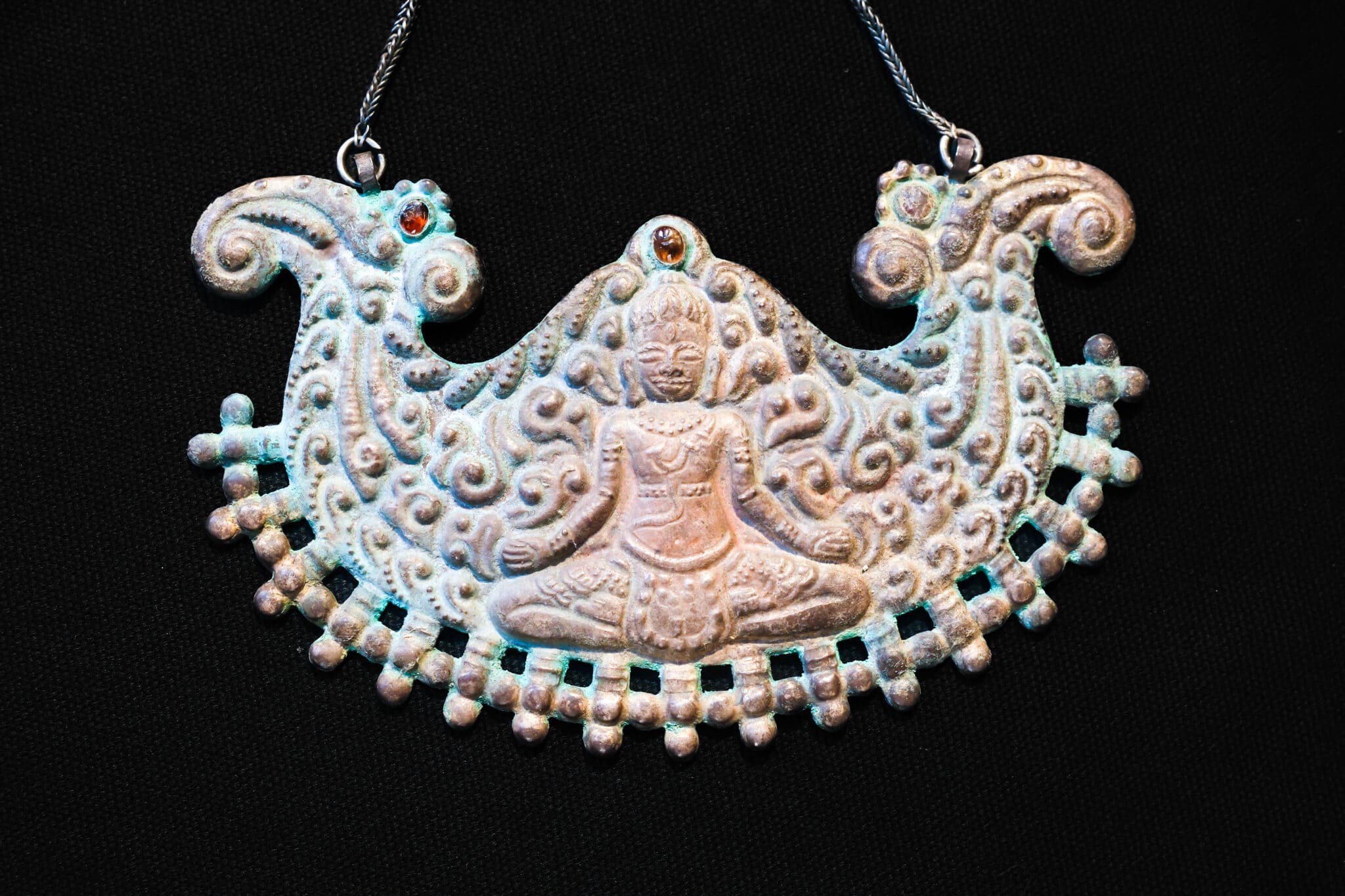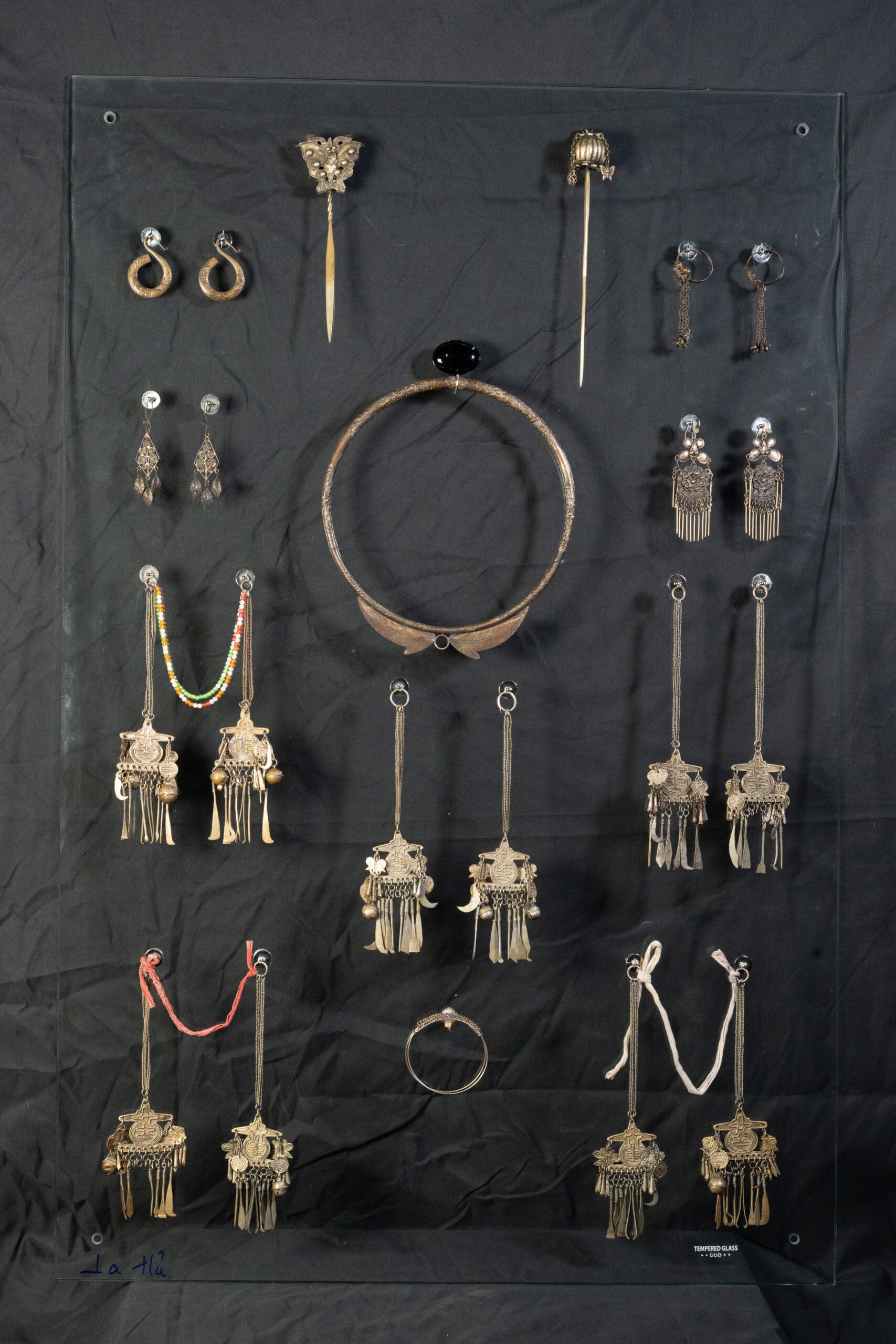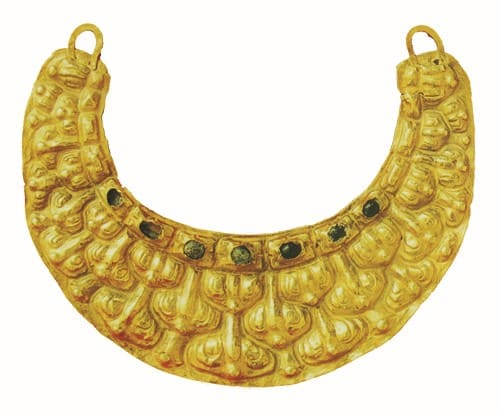Current status of ethnic jewelry museum
Museums play an important role in preserving cultural heritage, educating the community and promoting cultural tourism. However, besides their great contributions, museums today are also facing many challenges and difficulties. Let me review the current situation of ethnic jewelry museums through the following articles.
List of current status of ethnic jewelry museums and issues
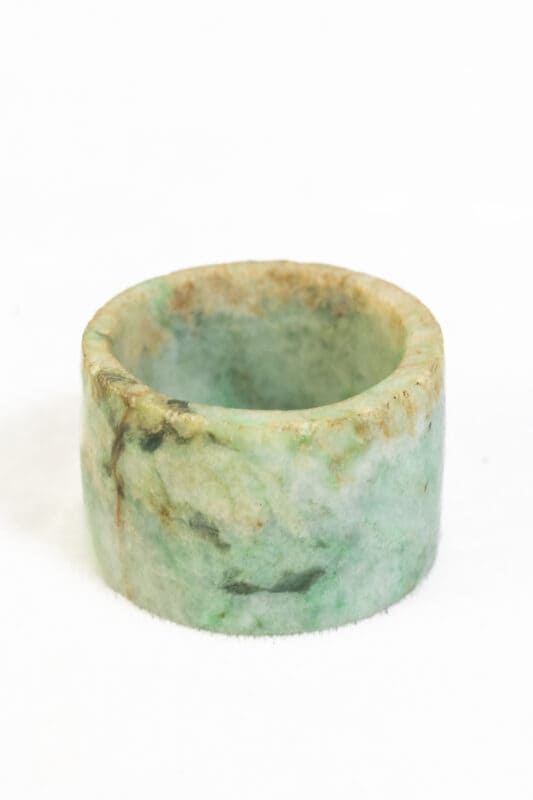
Chinese Jade
The positives
Raising awareness of the role of jewelry museums: Society is increasingly aware of the important role of museums in preserving cultural heritage, educating the community and promoting cultural tourism. This leads to the interest and investment of the government, non-profit organizations and the community in museum activities.
Application of advanced technology: Jewelry museums are increasingly applying advanced technology in display, education and management. The use of multimedia devices, virtual reality, augmented reality … helps visitors have a more realistic and vivid experience when visiting the museum.
International cooperation: Jewelry museums are increasingly strengthening international cooperation through activities of exchanging artifacts, exhibitions, research … International cooperation helps museums share experiences, learn from each other and promote the image of the country and people to international friends.
Developing new museum models: New museum models such as open-air museums, mobile museums, virtual museums, etc. are being developed to meet the diverse needs of visitors and the community.
Existing problems
Lack of resources: Many jewelry museums still lack financial, human and physical resources. This leads to difficulties in preserving artifacts, limited educational and research activities, and low quality of tourism services.
Competition: Museums must compete with other forms of entertainment to attract visitors. This requires museums to innovate their display content, improve service quality and promote their image effectively.
Risk of cultural identity loss: Displaying and explaining artifacts without cultural sensitivity can lead to the risk of cultural identity loss.
Shortage of human resources: Some jewelry museums lack highly qualified human resources, leading to many difficulties in museum management and operation.
The current state of the museum of ethnic jewelry and the interest of young people
There is an opinion that today’s youth are no longer interested in museums. However, this is a wrong view. In fact, today’s youth are increasingly interested in learning about history, culture and heritage. However, the way young people access information and their needs have changed, requiring museums to innovate their display and education methods to attract young people.
Some reasons why young people rarely visit jewelry museums
Traditional display: Many museums still use traditional display methods, mainly displaying artifacts and providing information in writing. This display method can make young people feel bored and have difficulty absorbing information.
Lack of educational activities: Many jewelry museums do not have many educational activities suitable for young people such as interactive programs, games, etc. This makes young people feel less interested in visiting the museum.
Lack of information: Young people often do not know much about the activities and programs of the museum. This makes young people miss the opportunity to participate in interesting and useful activities at the museum.
To attract young people, museums need to:
Innovate the way of displaying: Use modern, vivid and attractive display methods such as using multimedia technology, virtual reality.
Enhance educational activities: Organize educational programs suitable for the age and interests of young people such as interactive programs, games, etc.
Provide information: Use effective communication channels such as social networks, websites, etc. to provide information about the activities and programs of the museum.
Cooperate with schools: Organize museum tours for students.
Create a friendly environment: Create a friendly, open and welcoming environment for young people.
Conclusion:
Museums play an important role in preserving cultural heritage, educating the community and promoting cultural tourism. To maximize their role and contribution, museums need to innovate their exhibition content, improve service quality, apply advanced technology and strengthen international cooperation to attract tourists, especially young people.

